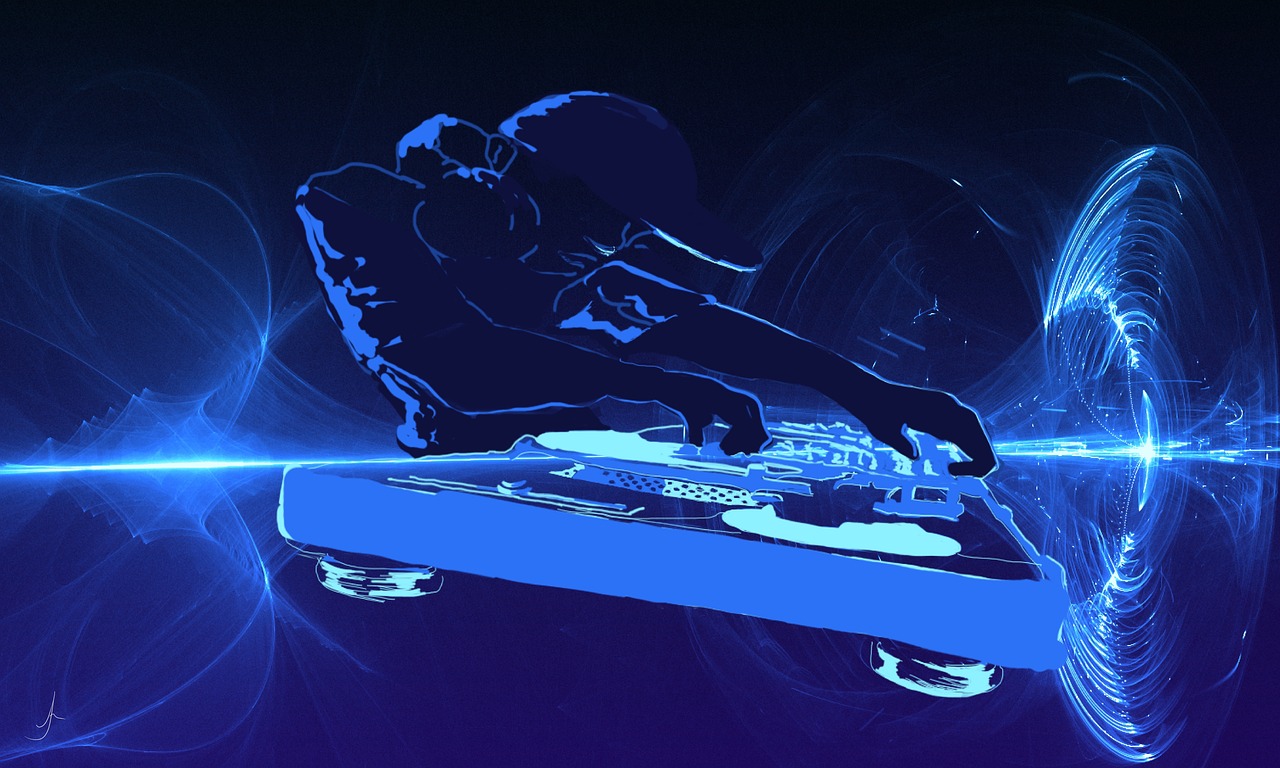News
26.10.2023
Mini Series „Deepfake Music“
Maria Pawelec on the opportunities and dangers of deepfakes in the music industry
Deepfakes, or fake audio-visual media, will increasingly influence the music industry in the future. The development of artificial intelligence is advancing rapidly and thus access to deepfakes is now a breeze. Laymen can clone voices within seconds. Kathrin Schunn from the University of Music in Karlsruhe shows how the phenomenon behaves when the voices of singers are cloned in a 4-part miniseries.
The German-language miniseries shows a fictitious scenario about a student who wants to become famous with the cloned voice of a well-known singer. Experts from the fields of ethics, law and art also comment on the fictional events. Maria Pawelec from the International Centre for Ethics in the Sciences and Humanities (IZEW) at the University of Tübingen, for example, explains how and whether deepfakes in music can be ethically justifiable, and what opportunities and dangers the technology offers in the music business.
The miniseries was published on the Young Culture Channel of the Karlsruhe University of Music (as well as on YouTube): www.jungerkulturkanal.de/thema/deepfake-music-wie-die-technologie-einfluss-auf-die-musik-nehmen-kann-1639/
You can find the trailer here: YouTube.
The soundtrack to the series, created with artificial intelligence, is also available here.

